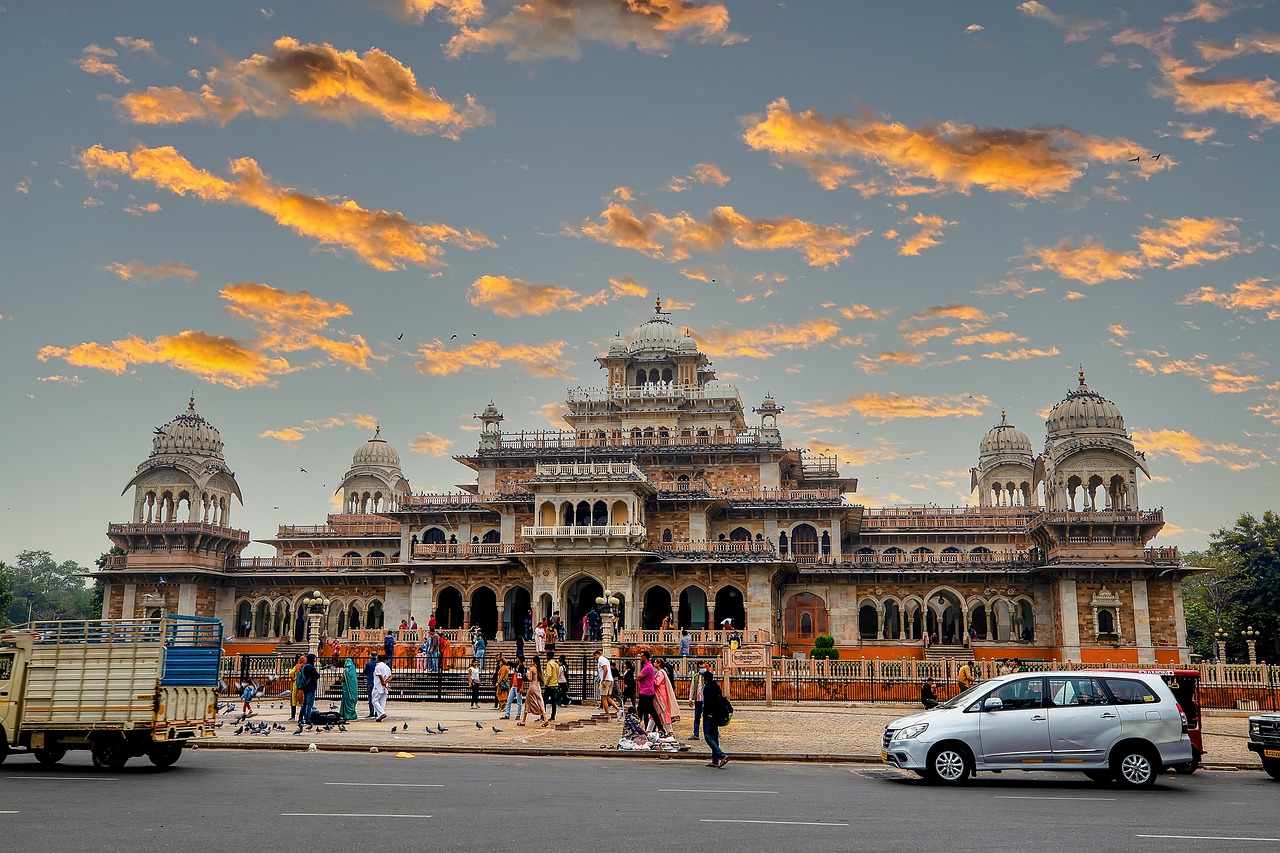Exploring the Role of International Organizations in Election Monitoring
International organizations play a vital role in election monitoring across the globe. The International Foundation for Electoral Systems (IFES) is one such organization that is known for its expertise in promoting democratic elections. With its headquarters in the United States, IFES works in collaboration with governments and civil society organizations to ensure free and fair elections.
Another prominent organization in the field of election monitoring is the European Network of Election Monitoring Organizations (ENEMO). ENEMO consists of member organizations from different countries in Europe and is dedicated to enhancing the transparency and integrity of electoral processes. By providing technical assistance and conducting observation missions, ENEMO contributes to the promotion of democracy and good governance in the region.
Challenges Faced by International Organizations in Election Monitoring
International organizations engaged in election monitoring encounter various obstacles that can hinder their effectiveness. One common challenge is obtaining full cooperation and transparency from host countries. In some cases, governments may restrict access to certain regions or polling stations, limiting the observers’ ability to assess the overall fairness of the election process.
Another significant difficulty faced by international organizations is ensuring the safety and security of their monitoring teams. Monitoring missions often operate in volatile environments where there is a risk of violence or intimidation. Ensuring the safety of observers while carrying out their duties can be a complex and delicate task, requiring careful planning and coordination with local authorities.
Impact of Election Monitoring on Democracy
Election monitoring plays a crucial role in upholding democratic norms and principles around the world. By ensuring transparency and accountability in electoral processes, international organizations contribute to fostering trust in the democratic systems of various countries. When free and fair elections are conducted under the watchful eye of monitors, it strengthens the legitimacy of the outcomes and promotes citizen participation in the political process.
Moreover, the presence of election monitors helps to deter electoral fraud and misconduct, thus safeguarding the integrity of the democratic process. By providing impartial assessments of elections, international organizations help to identify and address any irregularities or violations that may occur. This enhances the credibility of the electoral process and protects the fundamental rights of citizens to choose their leaders in a democratic manner.
What are some key international organizations involved in election monitoring?
Some key international organizations involved in election monitoring include the United Nations, the European Union, the Organization for Security and Cooperation in Europe, and the Carter Center.
What are some of the challenges faced by international organizations in election monitoring?
Some of the challenges faced by international organizations in election monitoring include lack of cooperation from government authorities, limited access to remote or conflict-affected areas, and issues related to security and safety of election observers.
How does election monitoring impact democracy?
Election monitoring helps to promote free and fair elections, which are a cornerstone of democracy. By ensuring that elections are conducted in a transparent and impartial manner, election monitoring helps to uphold the principles of democracy and strengthen the legitimacy of elected governments.







